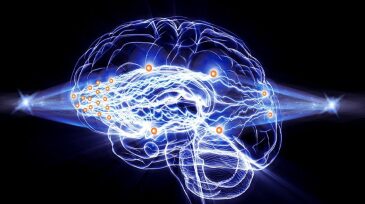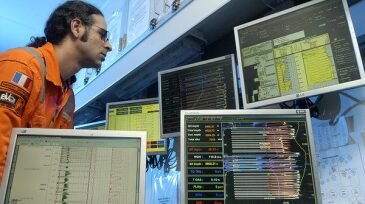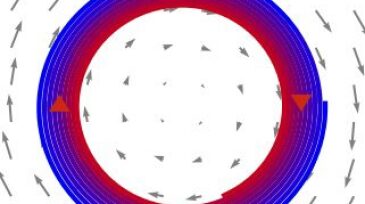machine learning
-
Blending smart-proxy models with data-driven models to create hybrid models is not always the best idea for physics- and engineering-related applications.
-
Even the most powerful computers are still no match for the human brain when it comes to pattern recognition, risk management, and other similarly complex tasks. A new approach, however, could enable parallel computation with light, simulating the way neurons respond in the human brain.
-
At times, it may seem that machine learning can be performed without a sound statistical background, but this does not take in to account many difficult nuances. Code written to make machine learning easier does not negate the need for an in-depth understanding of the problem.
-
This paper highlights the results of a test campaign for a tool designed to predict the short-term trends of energy-efficiency indices and optimal management of a production plant.
-
Recently, AI researchers from Microsoft open-sourced the Decentralized & Collaborative AI on Blockchain project that enables the implementation of decentralized machine-learning models based on blockchain technologies.
-
Merging tried-and-true physics-based models with data science is bolstering the Houston independent’s reservoir-engineering work on its deepwater and shale assets.
-
Hamiltonian neural networks draw inspiration from Hamiltonian mechanics, a branch of physics concerned with conservation laws and invariances. By construction, these models learn conservation laws from data, revealing major advantages over regular neural networks on a variety of physics problems.
-
Random Forest and Neural Network are the two widely used machine-learning algorithms. What is the difference between the two approaches? When should one use Neural Network or Random Forest?
-
Malaysia’s Petronas, Shell Malaysia, and Thailand’s PTTEP are now in the midst of full-scale digital adoption. The companies are beginning to see results, but none is counting on a “big bang” in development of the technology soon.
-
Arundo Analytics has built an integrated industrial Internet of things platform that allows data scientists to productize data-science solutions and accelerate feedback/improvement iterations between end-users and data scientists effectively.










